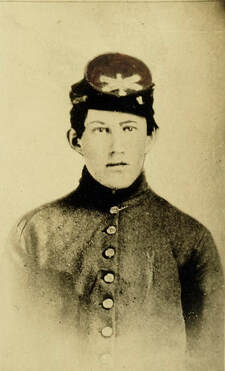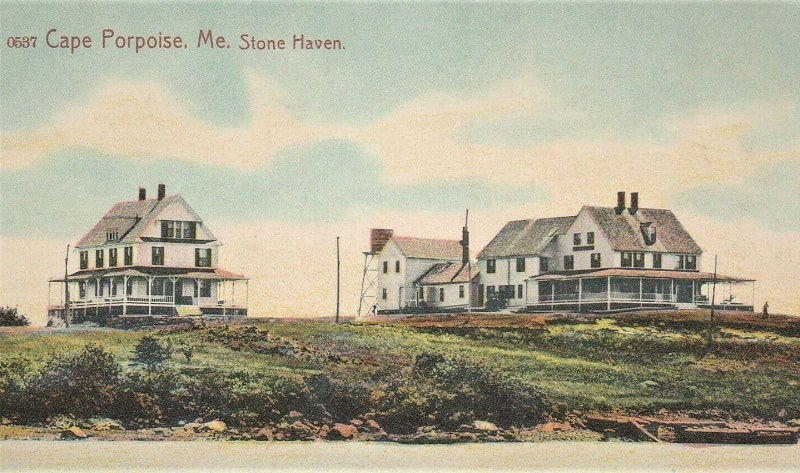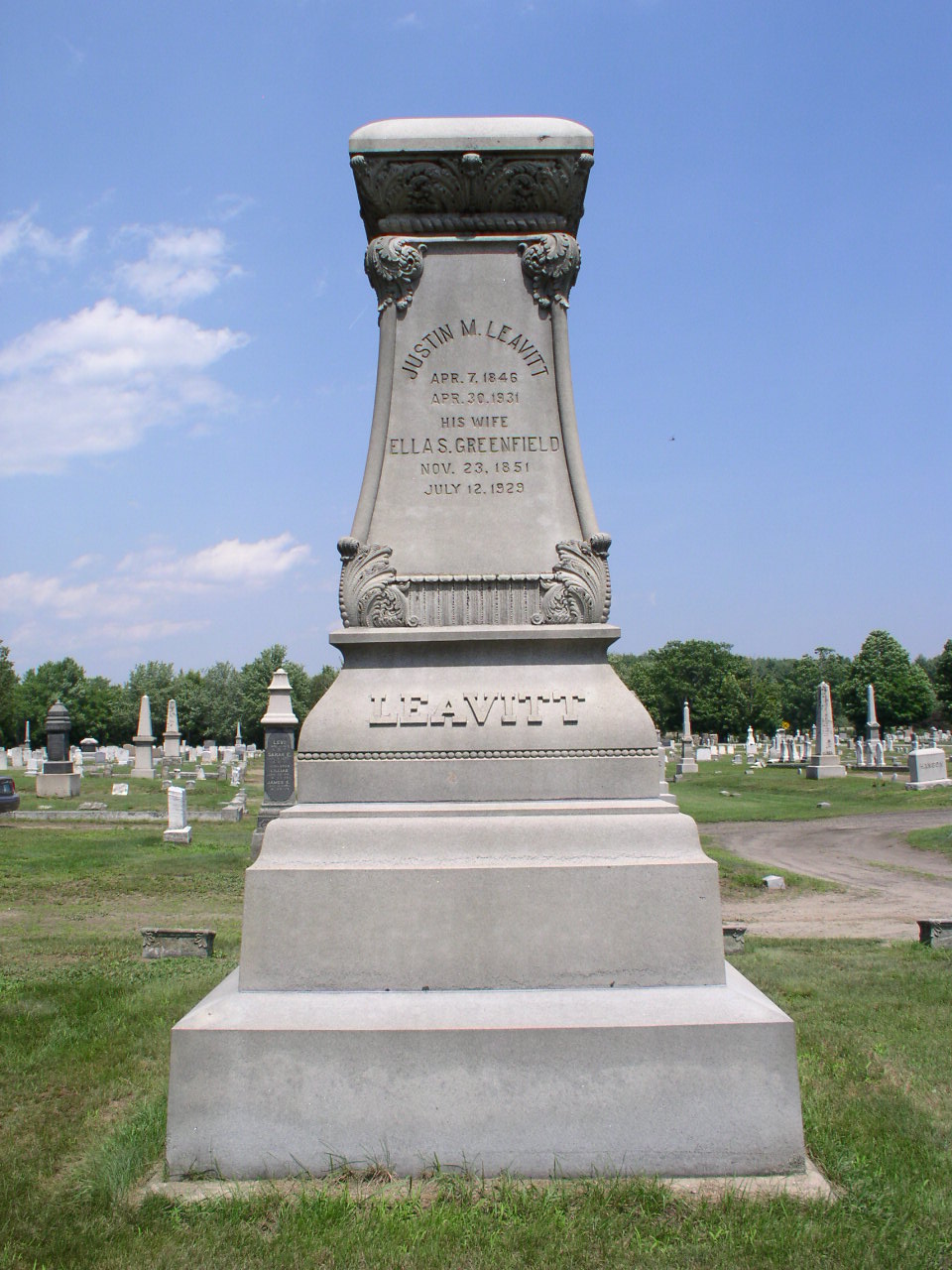|
JUSTIN M. LEAVITT was 17 years, 8 months and 12 days old when he enlisted in his hometown of Buxton, Maine on Dec. 19th, 1863. On his enlistment paper, he wrote "about eighteen years" for his age, and his father Alvah signed the consent form to allow his only son to join the army. From there, he was sent to Portland, Maine, where he would be mustered in for three years with the First Maine Heavy Artillery Regiment. Originally the 18th Maine Infantry, the regiment had converted over to an artillery unit, and was in the process of recruiting more men to fill their ranks. The soldiers were then shipped to Washington, DC, where they would be trained in both artillery and infantry instruction, and serve in the defense of the capital, until otherwise needed. The need for these troops came in the spring of 1864, when Gen. Grant began his Overland Campaign in Virginia, and sent the Army of the Potomac to Spotsylvania Court House. On May 19th, the 1st ME Heavy Art., along with four other artillery regiments converted to infantry, entered the fight at the Harris Farm. Justin would be one of over 500 men in the regiment who fell that day, the majority of them wounded. He received a gunshot wound in his left leg that fractured his tibia. Caught under fire in the field, he had to wait until after dusk for help to reach him and get him to an aid station. They concluded that his leg would need to be amputated, and he was shipped with others to Lincoln Hospital in Washington, DC, a three day trip. Despite the pain, he continually begged for surgeons not to take his leg, and they eventually complied with his plea. He spent four months in the DC hospital before being sent back to Maine, where his care continued, until discharged from service on the 4th of Apr, 1865. Upon returning home to Buxton, he entered the Gorham Seminary school, and would also teach school during the months not in class. In 1871, he was appointed mail agent on the Portland & Rochester Railroad, which was later expanded to reach Nashua, NH and Worcester, MA. He was transferred to the Boston & Troy mail line (Hoosac Tunnel route) in Jan. 1878, and was promoted to head clerk. In August of 1882, he ran for the office of Registrar of Deeds in York County and won the position. He resigned from his railroad job to accept this new line of work on the 1st of Jan., 1883. He held the job for twenty years. Prior to 1890, he and wife Ella had moved from Buxton to Alfred, Maine and, before 1909, were residing in Kennebunkport. Justin was the owner of the "Stone Haven" summer hotel at Cape Porpoise (it burned in 1931, a couple of weeks before his death), and several islands (Milk, Savin, Bush, and part of Folly) offshore. In 1902, the governor appointed him state liquor commissioner, a job he held until 1911. He was director of the Fidelity Trust Co. in Portland, and had served as commissioner of the Kennebunk and Wells Water District for twelve years.
He was a member of the Knights Templar and was a 32nd degree Mason, having been a member for over 60 years. He was also a member of the John H. Came G.A.R. Post in Buxton, Society of the Army of the Potomac, and the Third Army Corps Union. He was the son of Alvah and Margaret McArthur (Libby) Leavitt, and had been born in Limington on 7 Apr 1846, moving to Buxton when seven years old. His ancestry can be found in The Descendants of Thomas Leavitt, pg 102. Sources:
First Maine Heavy Artillery Monthly Return: May 1864 (Family Search) Biddeford Daily Journal, Fri., 1 May 1931, pg 1 Biddeford Weekly Journal, Fri., 17 Jan 1908, pg 7 Men of progress; biographical sketches and portraits of leaders in business and professional life in and of the state of Maine, pg 247 (Internet Archive) Sanford Tribune and Advocate, Thurs, 7 May 1931, pg 1 The First Maine Heavy Artillery, by Shaw and House (1903): Leavitt on pg 358; 445
0 Comments
|
A Leavitt Photo archivePhotographs of our Leavitt cousins, and brief write-ups about them Archives
July 2023
Categories
All
|




 RSS Feed
RSS Feed